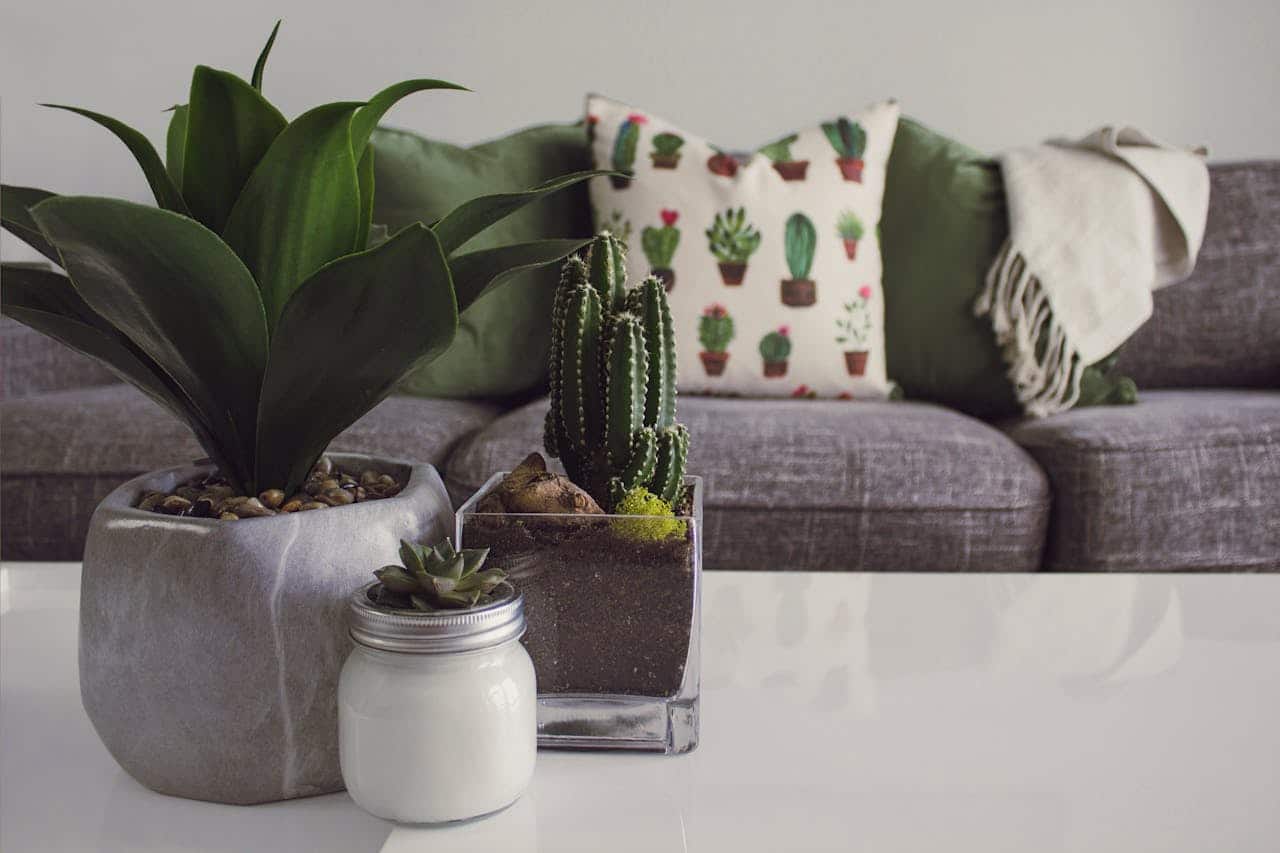Key Takeaways
- Renting offers flexibility and fewer responsibilities but doesn’t build equity.
- Buying provides long-term stability, equity growth, and potential tax benefits.
- Monthly costs may favor renting in the short term, but buying often wins over time.
- Lifestyle, financial readiness, and future goals are key in the rent vs. buy decision.
- Assistance programs in Florida can make homeownership more accessible.
- Local market conditions in Port St. Lucie strongly influence which option makes sense.
Rent vs. Buy: Which Makes More Sense in Port St. Lucie’s Market?
Deciding between renting and buying a home is one of the biggest financial choices you’ll face. In Port St. Lucie, where the housing market has seen steady growth, the question of rent vs. buy is especially relevant for families, retirees, and first-time buyers. Both options come with advantages, but the best decision depends on your finances, lifestyle, and long-term goals.
This guide explores the factors you should consider before deciding whether renting or buying makes more sense in Port St. Lucie.
What Are the Current Housing Trends in Port St. Lucie?
Port St. Lucie has become one of Florida’s fastest-growing cities, with strong demand for both rentals and homes for sale. Rising home prices have made ownership a more significant investment, while rental rates have also increased due to population growth.
For buyers, this growth signals potential equity gains over time. Renters, on the other hand, may enjoy flexibility but face the reality of annual rent increases. Understanding these market dynamics helps frame the rent vs. buy decision.
What Are the Advantages of Renting in Port St. Lucie?
Renting offers flexibility, making it ideal for those unsure about long-term plans or relocating frequently for work. Renters avoid large upfront costs like down payments and closing fees, which lowers the initial financial burden.
Another advantage is that landlords typically handle maintenance and repairs, saving renters from unexpected expenses. Renting also allows you to live in desirable areas without committing to a mortgage.
Downsides of Renting
Renters build no equity, meaning monthly payments only benefit the landlord. Additionally, rent can increase each year, making long-term budgeting more difficult. Without ownership, renters also miss out on potential tax benefits tied to mortgage interest and property taxes.
What Are the Advantages of Buying in Port St. Lucie?
Buying a home provides stability and the chance to build equity. Each monthly mortgage payment brings you closer to owning your home outright, rather than going toward rent. Homeownership also protects you from unpredictable rent increases.
In Port St. Lucie’s appreciating market, owning a home can be a long-term wealth-building strategy. Homeowners may also enjoy tax deductions and the freedom to customize their property.
Downsides of Buying
Homeownership comes with responsibilities, including property taxes, insurance, and maintenance costs. Upfront expenses such as the down payment and closing costs can also be significant. Buyers should be prepared for these financial obligations before committing.
How Do Monthly Costs Compare Between Renting and Buying?
In some Port St. Lucie neighborhoods, renting may initially appear cheaper than buying. However, when factoring in equity growth and potential tax savings, buying often proves more cost-effective over time.
A rent vs. buy calculator can help you compare monthly costs and long-term benefits, giving you a clearer picture of which option works best for your situation.

How Do Lifestyle and Long-Term Goals Influence the Decision?
Your lifestyle plays a major role in choosing between renting and buying. If you value mobility and low responsibility, renting may be a better fit. If you’re ready to settle down, raise a family, or invest in long-term stability, buying becomes more attractive.
In Port St. Lucie, many families choose to buy to take advantage of strong schools and community amenities, while retirees often buy to secure a fixed housing cost for the future.
What Role Does Financial Readiness Play?
Financial readiness is one of the biggest deciding factors. Buyers need a steady income, good credit, and savings for a down payment and closing costs. Renting, by contrast, requires less upfront money but still involves security deposits and potential application fees.
If you’re not yet ready to buy, renting can give you time to save and strengthen your financial position until homeownership becomes realistic.
Are There Assistance Programs for Buyers in Port St. Lucie?
Yes, Florida offers several programs that help first-time buyers with down payments and closing costs. In Port St. Lucie, local resources may also be available to make ownership more affordable. These programs can bridge the gap for those who want to transition from renting to buying.
Exploring these opportunities with a local lender ensures you don’t miss out on financial support that can make ownership possible sooner.
How Do Market Conditions Affect the Rent vs. Buy Choice?
Market conditions in Port St. Lucie shift over time. When mortgage rates are high, renting may seem more attractive. When rates fall, buying can quickly become the better option.
Housing inventory also plays a role—tight inventory can drive up home prices, while a larger rental supply might keep rents more affordable. Staying informed about local market trends helps you time your decision wisely.
Make the Right Move With HighTide Mortgage
Deciding between renting and buying in Port St. Lucie doesn’t have to be overwhelming. At HighTide Mortgage, we provide tools like rent vs. buy calculators and personalized guidance to help you make the smartest financial choice.
Contact HighTide Mortgage today to explore your options and see if buying a home is the right step for you.

